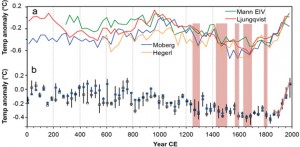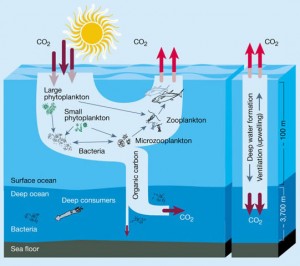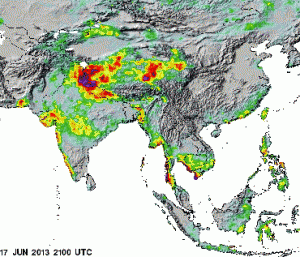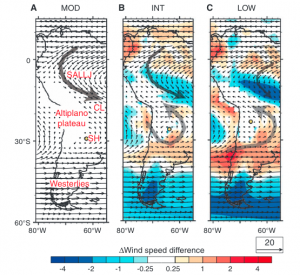Teaching
Graduate Courses
|
|
Geo391 PaleoclimatologyA survey course covering an introduction to the methods of paleoclimate reconstruction and the current state of knowledge about the paleoclimate history of the Earth- from the early Earth to the last two millennia. Includes an evaluation of climate forcings and response as well as a comprehensive examination of the theory and assumptions inherent in the most commonly used methods for reconstructing paleotemperature, carbon dioxide, precipitation and sea level. Includes biweekly homework exercises and paper discussions related to the course materials. |
|
Geo371c/388 Global Biogeochemical CyclesAn introduction to the surface chemistry of the Earth with a focus on the role of biogeochemical processes and their interactions with the global climate system. Our planet is essentially a closed system in which chemical cycles of many elements are both driven by biological and geological processes and determine the distribution and nature of life on Earth. we will study the chemistry of the atmosphere, soils, rivers and oceans and examine how these systems are connected via the global nitrogen, phosphorous and carbon cycles. We will especially focus on the carbon cycle and assess the effects humans had had on the cycling of this crucial element. |
|
Graduate Seminars
|
|
Geo191 Monsoons: Past and Present (with T. Quinn)A seminar discussion class focused on the current state of knowledge of the past present and future variability in the global monsoon systems in the current peer-reviewed literature. The seminar is divided roughly evenly into the four main tropical monsoon systems: Africa, South America, Asian and Indian. For each we will review the literature on the mechanisms driving variability in these systems, the paleoclimate record of past monsoon variability and future projects for changes in the monsoon. The North American monsoon may be discussed as well, provided sufficient time is available. |
|
Geo171c Tectonics and Climate of South America (with B. Horton)A discussion seminar class investigating the evidence for links between the tectonic evolution of the Andes and climate – with a particular emphasis on the South American summer monsoon. The class will investigate the modern climatology and the existing evidence for tectonic-climate interactions in the northern Andes, the central Andes, the Amazon Basin and Patagonia. Links with the closing of the Isthmus of Panama and the Drake Passage will also be examined. |
|
Undergraduate Courses
|
|
Geo302c Climate: Past, present, futureAn introductory science class for non-majors introducing the fundamentals of the present-day climate system, changes in climate over Earth history and the current state of knowledge about future climate change. Includes lab exercises and demonstrations targeted at reinforcing lecture material and concepts. |
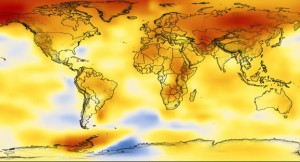 |
Geo 303 Introduction to GeologyDeveloped by Leon Long, this course provides a comprehensive introduction to the basics of geology through a combination of lectures and laboratory exercises. |
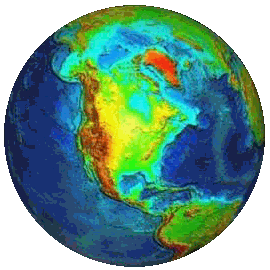 |

